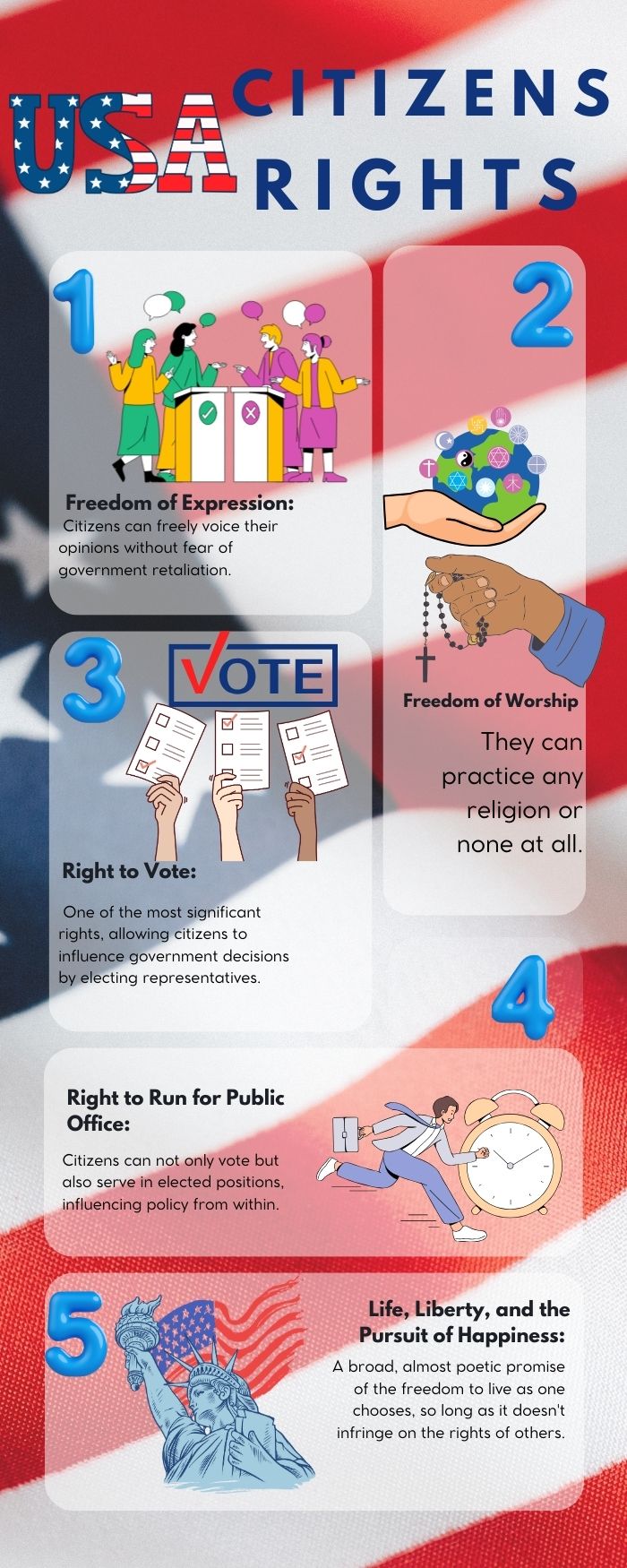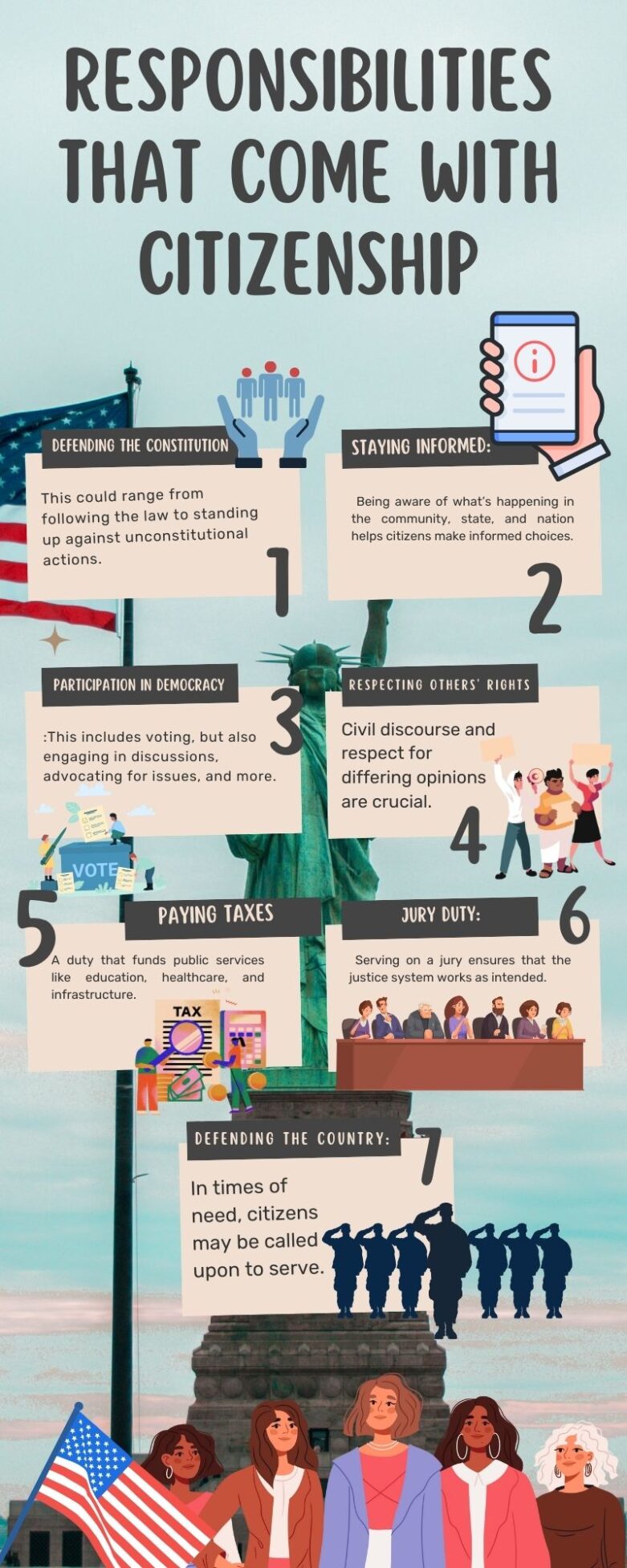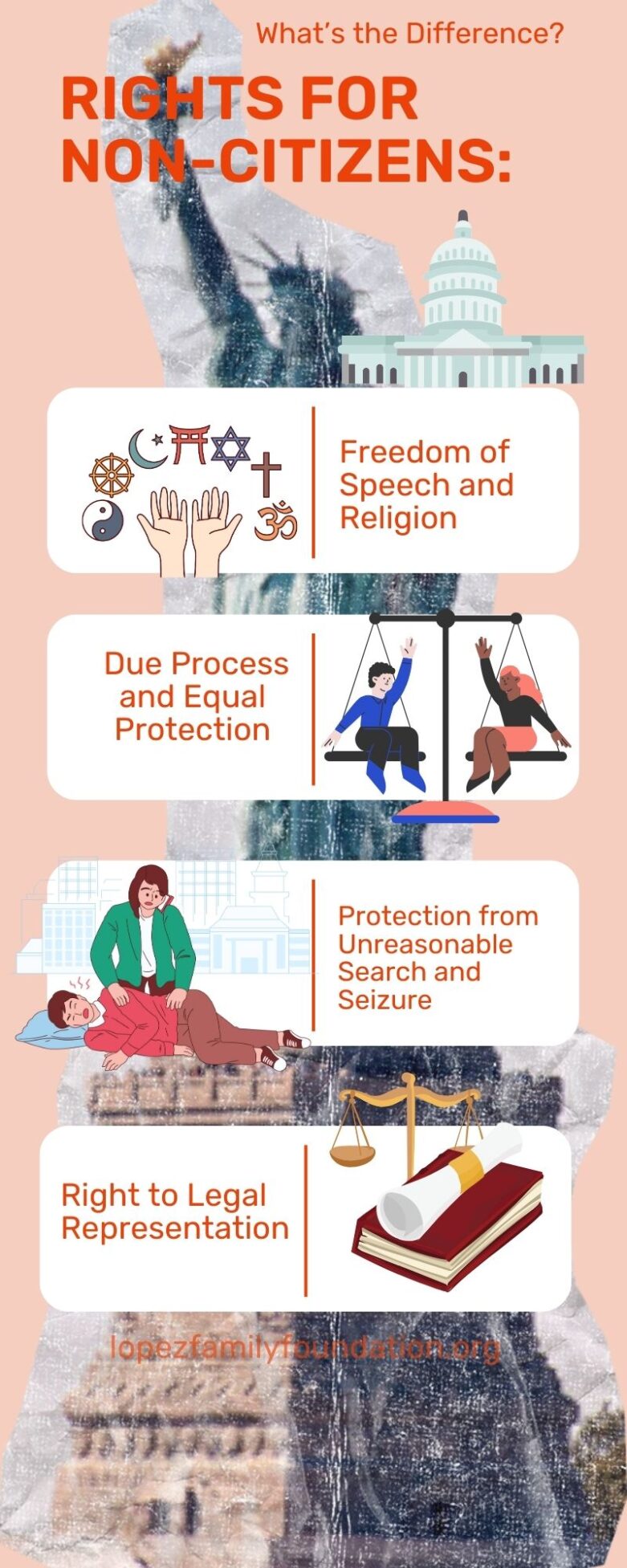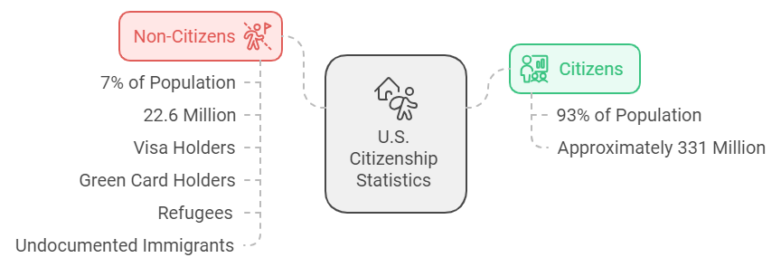The distinction between the rights of citizens and non-citizens in the United States is a complex and often contentious issue, rooted deeply in the country’s legal framework and social fabric. While the U.S. Constitution extends many fundamental protections to all individuals within its borders, the privileges and responsibilities of citizenship create a clear divide.
Rights of U.S. Citizens

As citizens, people have a unique set of rights that non-citizens may not fully access. These rights are often seen as the foundation of what it means to be an American. Here’s a quick rundown:
- Freedom of Expression: Citizens can freely voice their opinions without fear of government retaliation.
- Freedom of Worship: They can practice any religion or none at all.
- Right to Vote: One of the most significant rights, allowing citizens to influence government decisions by electing representatives.
- Right to Run for Public Office: Citizens can not only vote but also serve in elected positions, influencing policy from within.
- Life, Liberty, and the Pursuit of Happiness: A broad, almost poetic promise of the freedom to live as one chooses, so long as it doesn’t infringe on the rights of others.
Responsibilities that Come with Citizenship

It’s not all about rights, though. There are responsibilities that balance the scales, making sure that the freedoms enjoyed are part of a functioning society. Some key responsibilities include:
- Defending the Constitution: This could range from following the law to standing up against unconstitutional actions.
- Staying Informed: Being aware of what’s happening in the community, state, and nation helps citizens make informed choices.
- Participation in Democracy: This includes voting, but also engaging in discussions, advocating for issues, and more.
- Respecting Others’ Rights: Civil discourse and respect for differing opinions are crucial.
- Paying Taxes: A duty that funds public services like education, healthcare, and infrastructure.
- Jury Duty: Serving on a jury ensures that the justice system works as intended.
- Defending the Country: In times of need, citizens may be called upon to serve.
Rights for Non-Citizens: What’s the Difference?

The U.S. Constitution uses terms like “people” and “person,” which means that many rights extend to everyone, not just citizens. Let’s break down the main rights non-citizens hold:
Shared rights:
1. Freedom of Speech and Religion
Non-citizens can express themselves and practice (or not practice) any religion.
2. Due Process and Equal Protection
They are protected from unfair treatment under the law and have the right to a fair legal process.
3. Protection from Unreasonable Search and Seizure
Non-citizens are safeguarded against arbitrary searches, much like citizens.
4. Right to Legal Representation
If charged with a crime, non-citizens have the right to a lawyer.
What Non-Citizens Can’t Do
- Voting and Running for Office: Only citizens can vote in federal and state elections or run for elected positions.
- Certain Job Restrictions: Some government positions and jobs requiring security clearances are off-limits.
- Deportation: Unlike citizens, non-citizens can be deported if they violate immigration laws or commit certain crimes.
How the Supreme Court Has Shaped Protections
Over the years, the Supreme Court has ruled on cases that have gradually expanded rights to non-citizens. Some key rulings include:
| Year | Supreme Court Decision |
| 1897 | Protection against taking private property without fair compensation. |
| 1925 | Freedom of speech extended to non-citizens. |
| 1931 | Non-citizens gained the right to freedom of the press. |
| 1961 | Protection against unreasonable searches. |
| 1963 | Right to legal counsel. |
| 2010 | Right to keep and bear arms. |
The Media’s Role in Shaping Perceptions
Immigrants often face a unique set of challenges, influenced not only by laws but by public perception. Media portrayals can shape how society views non-citizens, for better or worse. Sometimes, stories showcase immigrants as hardworking and integral to society, while other times, they’re depicted in negative or oversimplified ways.
Research shows that when media presents more nuanced and inclusive stories about immigrants, it can lead to more welcoming attitudes. This suggests that the narrative matters just as much as the facts, influencing how communities perceive and engage with their non-citizen neighbors.
Citizenship by the Numbers

Let’s put things into perspective with some statistics. Roughly 93% of people in the U.S. are citizens. That leaves about 22.6 million non-citizens, or around 7% of the population. This includes individuals on visas, green card holders, refugees, and undocumented immigrants.
*Each of these groups faces different levels of access to rights and protections, creating a diverse and often complicated landscape.
Bridging the Gap
Both citizens and non-citizens play vital roles in the U.S. fabric. The rights each group holds contribute to a balance between personal freedom and societal responsibility. By recognizing and respecting these differences, it’s easier to foster an environment of mutual respect and understanding.
The conversation around rights is ongoing, with debates on how best to ensure fair treatment for everyone within the U.S. borders. It’s not just about who has what rights, but how those rights are respected and upheld across all communities.
Final Thoughts
When thinking about rights in the U.S., it’s important to consider more than just citizenship status. Every person within the country, regardless of their legal standing, contributes to the broader social and cultural tapestry. Recognizing the shared humanity in everyone, citizens and non-citizens alike, is key to building a more inclusive and just society.
If we stay informed and engaged, we can all play a part in ensuring that the rights of every individual are respected and upheld. After all, it’s those shared values that make a society strong, diverse, and vibrant.

